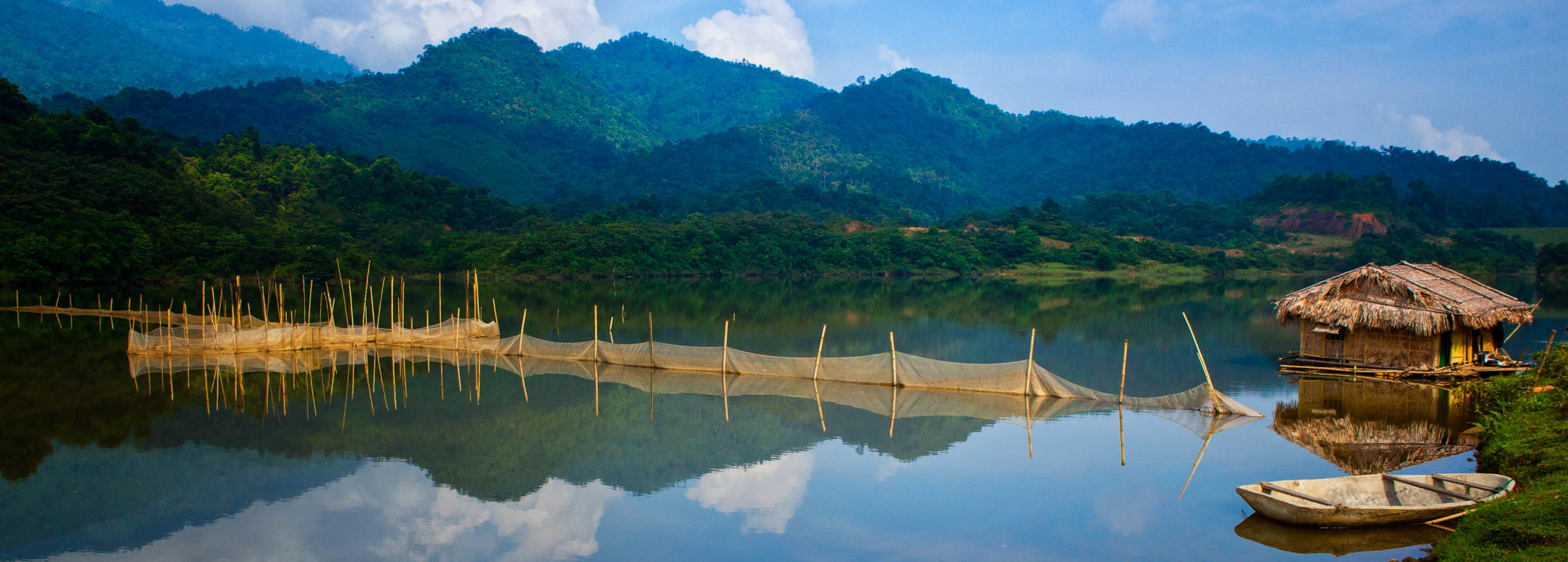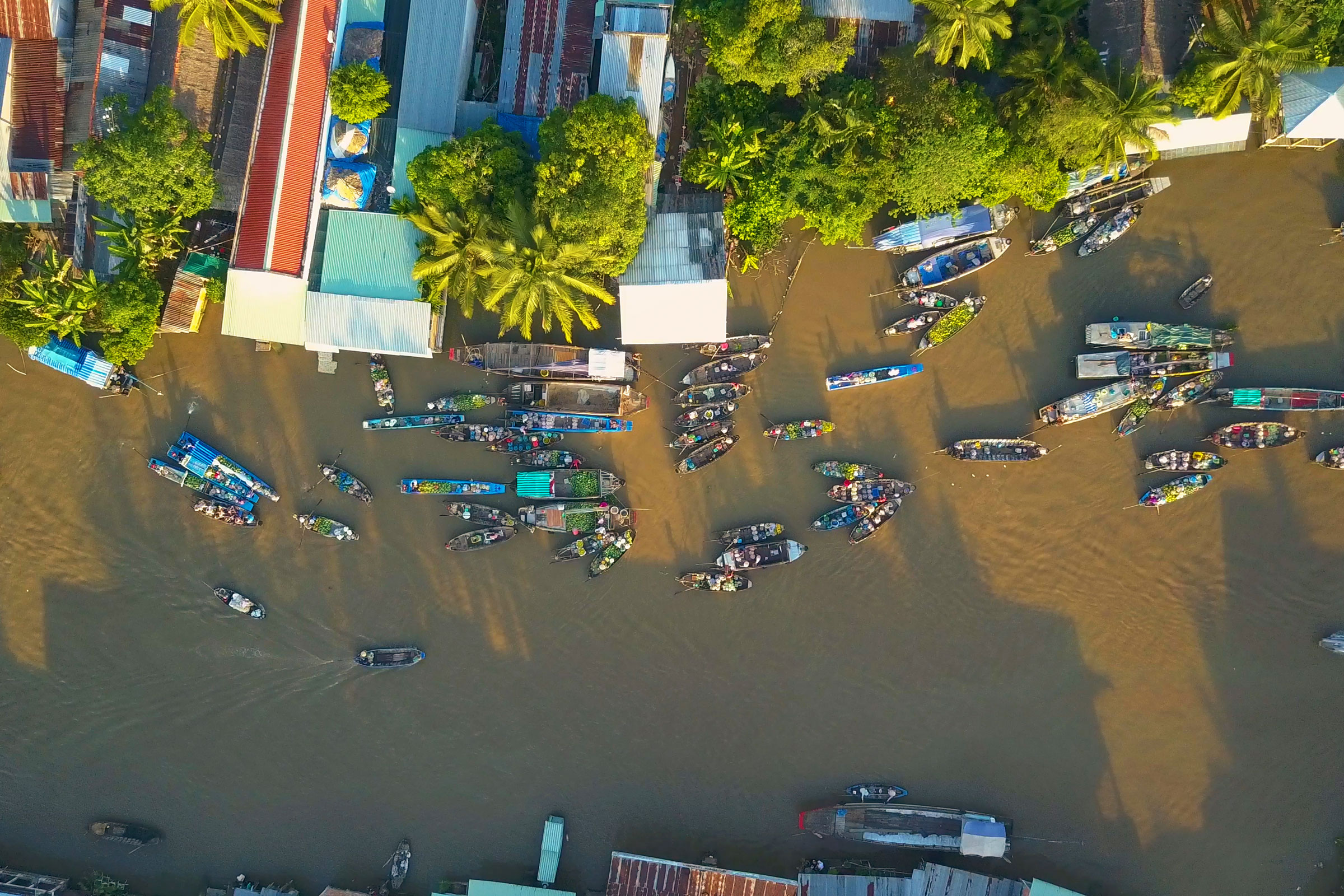
Winrock awarded five-year USAID Climate Resilient Agriculture in the Mekong Delta project in Vietnam
The U.S. Agency for International Development has selected Winrock International to implement a new, $48 million project that will showcase USAID’s support for transformative development in the Mekong Delta. The project aims to support the Government of Vietnam’s commitments to achieve net zero greenhouse gas emissions by 2050, and to promote increased climate resilience of vulnerable communities, agricultural value chains and markets, and ecosystems and biodiversity in the Mekong Delta.
The USAID Climate Resilient Agriculture in the Mekong Delta project was awarded to Winrock days before U.S. President Joe Biden’s Sept. 10, 2023 trip to Hanoi, where he met with Vietnamese leaders to discuss ways to further deepen cooperation between the U.S. and Vietnam. The project supports the newly announced Comprehensive Strategic Partnership between the two countries.
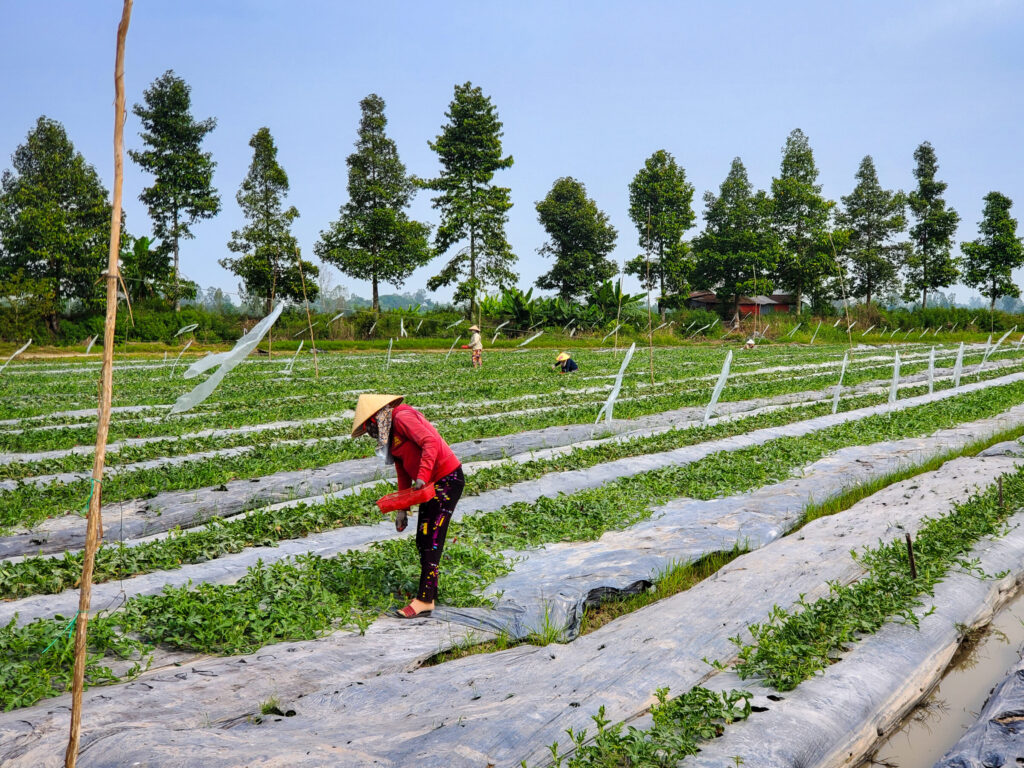
“This was an important moment for the United States to demonstrate our global leadership and our commitment to solving the challenges that matter most to people around the world: investing in inclusive growth and sustainable development, addressing the climate crisis, strengthening food security and education, advancing global health and health security,” Biden said during a press conference in Hanoi, reflecting on his meetings with Vietnamese leaders and the G20 summit.
The new five-year (2023-2028) project awarded to Winrock is a collaboration between USAID and Vietnam’s Ministry of Agriculture and Rural Development. Vietnam, a densely populated coastal country, is highly susceptible to the effects of climate change. Its river deltas are particularly vulnerable, including the large and ecologically rich Mekong Delta ─ one of the world’s most productive and important agricultural landscapes. The Delta’s ecosystems, agriculture and communities are also extremely important to the national economy and global trade.
Known as Vietnam’s “rice bowl,” the Delta is vital to Vietnam’s economy and biodiversity but decades of unsustainable land and water management practices have reduced biodiversity and threatened millions of livelihoods, especially among rural, vulnerable populations in low-lying coastal areas. Climate change and sea level rise are steadily causing increased flooding, drought, coastal and riverbank erosion and salinization, undermining the security and livelihoods of these communities. The Delta’s intensive rice production and use of agricultural inputs have grown considerably. Greenhouse gas emissions from rice cultivation are also rising, accounting for as much as 8.1% of national emissions in 2017.
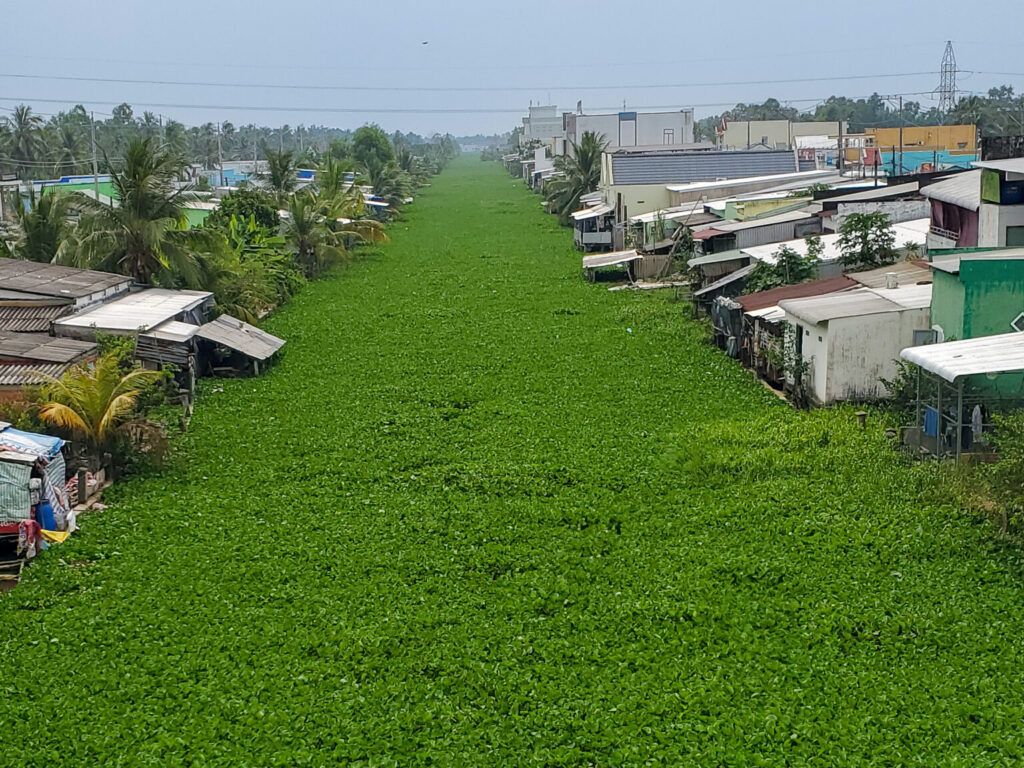
The new project aims to increase the resilience of the most vulnerable populations, strengthen the provision of ecosystems goods and services and promote climate resilient, low-emission agriculture. It also will support coordination across key stakeholders to strengthen policy development and implementation.
“Winrock is thrilled to continue our decades-long support for and collaboration with the government and people of Vietnam,” said Joyjit Deb Roy, Winrock’s chief global programs and development officer. “This new USAID project offers a truly unique opportunity to positively impact people’s lives and livelihoods, the health of the environment and strengthen Vietnam’s economy.”
Winrock’s collaboration with communities, businesses and Vietnam’s government on initiatives ranging from forest and water protection to policy development and pollution prevention stretches back decades. This work includes the ongoing, five-year USAID Reducing Pollution project, which is building locally-led networks focused on a series of pollution challenges including reducing plastic waste and boosting support for recycling activities. The new USAID project in the Mekong Delta and the USAID Reducing Pollution project both incorporate lessons learned by Winrock’s implementation of USAID’s successful Vietnam Forests and Deltas project. The nearly nine-year Forests and Deltas project fostered strong community partnerships and collaboration with Vietnam’s government to expand protection of forests and to support Vietnam’s transition to resilient, sustainable development.
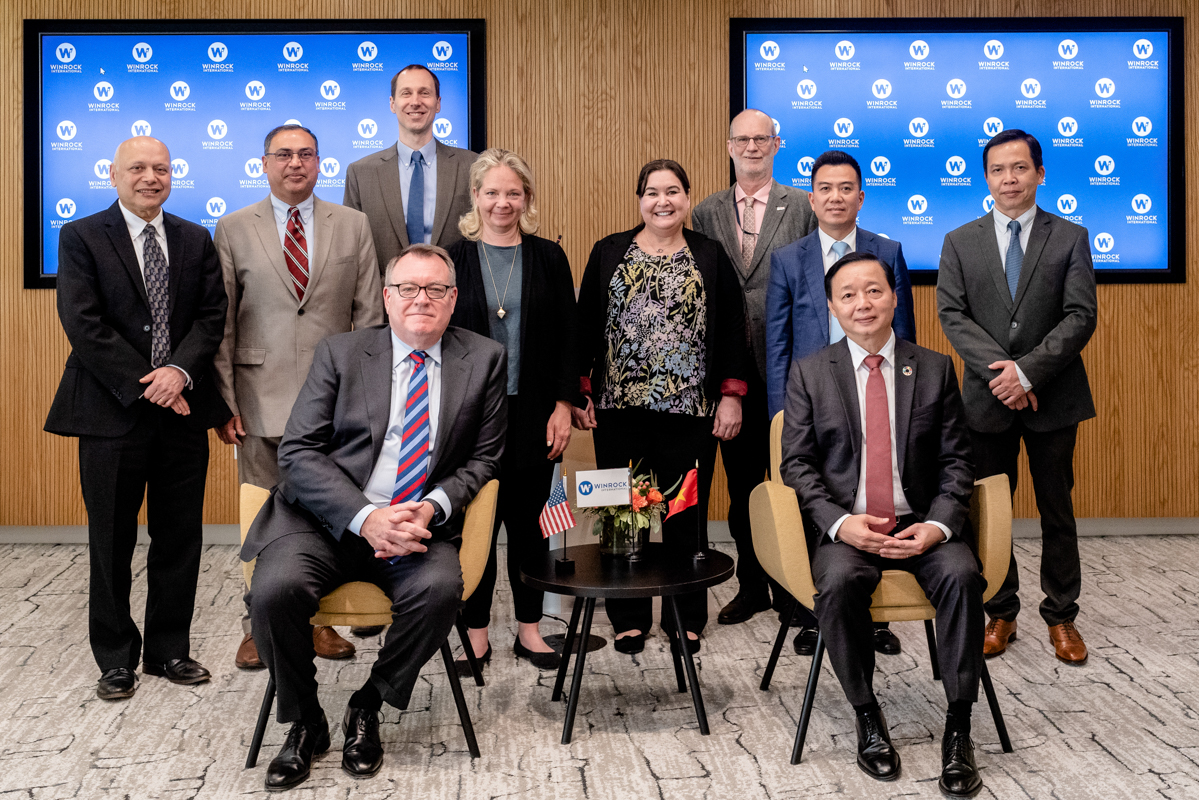
Related Projects
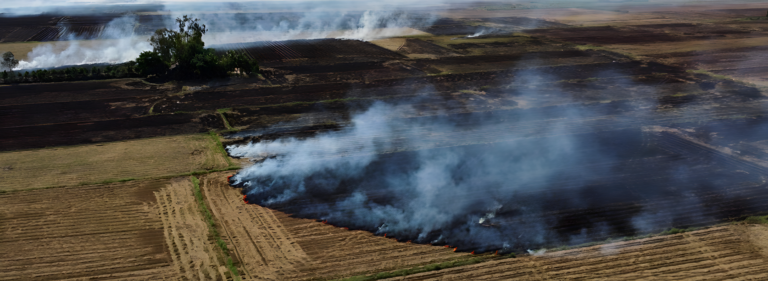
USAID Reducing Pollution
The USAID Reducing Pollution activity is a five-year project that supports locally-driven initiatives that substantially reduce environmental pollution in Vietnam through a collective impact approach. The project will build the capacity of government, local nongovernmental organizations and private sector partners to prevent, mitigate and reduce environmental pollution, and increase the capacity of stakeholders to generate, […]